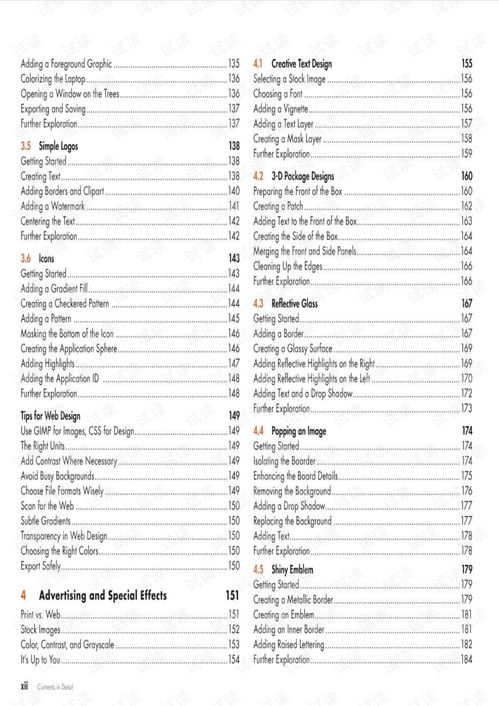Content:
Fishing is an ancient and beloved pastime that has been captivating anglers for centuries. Whether you are a beginner looking to learn the basics or an experienced angler aiming to refine your skills, mastering the art of fishing requires a combination of knowledge, practice, and patience. In this article, we will delve into the techniques and methods that can help you learn how to fish effectively and enjoyably.
Understanding the Basics
Before diving into the intricacies of fishing, it's crucial to have a solid foundation in the basics. Here are some essential elements to consider:
Fishing Equipment: Familiarize yourself with the different types of fishing rods, reels, lines, hooks, lures, and bait. Each piece of equipment serves a specific purpose and can affect your fishing experience.

Fishing Techniques: Learn about various fishing techniques such as casting, nymphing, fly fishing, spinning, and bottom fishing. Each technique is suitable for different types of fish and environments.
Understanding Fish Behavior: Study the habits and preferences of the fish you wish to catch. This includes their feeding patterns, migration routes, and preferred habitats.
Step-by-Step Guide to Learning Fishing Techniques
Selecting the Right Equipment: Choose your equipment based on the type of fishing you plan to do and the species you're targeting. For example, fly fishing requires a different setup than bass fishing.
Casting: Learn the basics of casting, which involves holding the rod correctly, positioning your feet, and executing a smooth motion to propel the lure or bait. Practice casting in open spaces to get a feel for the technique.
Baiting Your Hook: Whether you're using live bait or artificial lures, knowing how to properly bait your hook is crucial. Ensure the bait is secure and not too bulky, as this can spook fish.
Trolling and Still Fishing: Trolling involves moving the boat with the line out, while still fishing involves anchoring the boat and letting the line settle. Both methods require different techniques and are suitable for different fishing environments.
Reading the Water: Observing the water's surface can provide valuable clues about fish activity. Look for disturbances, bubbles, or surface movements that may indicate fish feeding.
Nymphing and Fly Fishing: These techniques require a different approach, focusing on delicate presentations and understanding water currents. Practice these methods in calm water before moving to more challenging environments.
Advanced Techniques for Refinement
Leaders and Tippets: Learn about leaders and tippets, which are used to connect the main line to the fly or lure. The right combination can increase your chances of catching fish.
Reading the Reel: Understanding how to read your reel's drag and how to adjust it for different fishing scenarios is essential. This ensures you don't break your line or lose fish during a fight.
Using Lures and Bait: Experiment with different lures and baits to see which ones work best for the fish you're targeting. Sometimes, the smallest changes can make a significant difference.
Fishing Etiquette: Always practice good fishing etiquette, such as respecting the environment, following local regulations, and practicing catch-and-release when appropriate.
Practice and Patience
Mastering fishing techniques is not a one-time event; it requires consistent practice and patience. Here are some tips to help you improve:
Take Lessons: Consider taking lessons from an experienced angler or joining a fishing club. They can provide valuable insights and hands-on experience.
Practice Regularly: The more you fish, the better you'll become. Even if you don't catch fish, you'll learn from each experience.
Stay Informed: Keep up with the latest fishing techniques and trends. Books, online forums, and fishing magazines can be great resources.
Be Patient: Fishing is often a waiting game. Learn to be patient and enjoy the experience, regardless of the outcome.
In conclusion, learning how to fish effectively involves a blend of understanding the basics, practicing various techniques, and refining your skills over time. By following the steps outlined in this article, you'll be well on your way to becoming a skilled angler who can enjoy the great outdoors and the rewarding experience of catching fish. Happy fishing!












